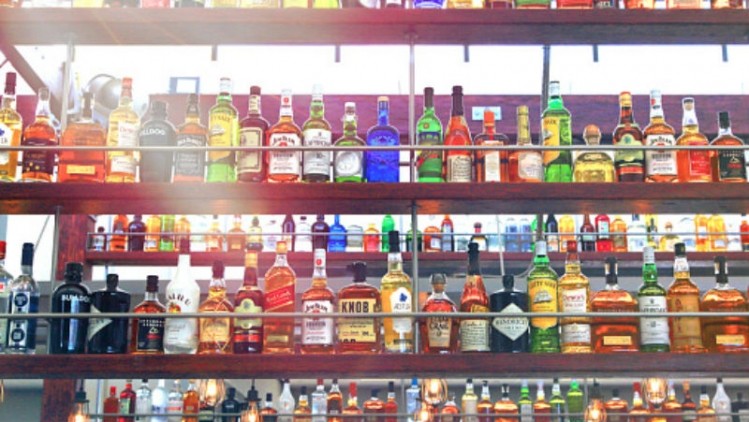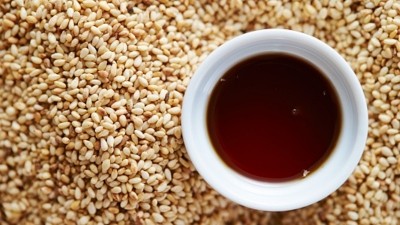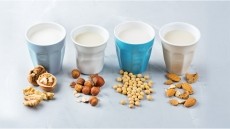COVID-19 exploitation: Alcohol in India tops 2020 list of most-counterfeited product cases as criminals cash-in on crisis

According to The State of Counterfeiting in India – 2021 report published by the Authentication Solution Providers’ Association (ASPA), overall counterfeiting incidents in India rose by 17% year-on-year.
Leading the pack this year was alcohol counterfeits (covering adulteration, fraud, trademark infringement and any other form of attempts to copy a product), which topped the list of counterfeit cases that took place in India across 2020 with 138 cases reported in the 12 months from January to December, a 34% increase year-on-year from 103 cases reported in 2019.
This was followed by general FMCG products at 121 cases, tobacco at 118 cases, currency at 108 cases and pharmaceuticals at 91 cases.
“Alcohol is particularly prone to being targeted for counterfeiting in India because its is a high demand products, whether this be cheap or branded forms of alcohol, [and] the unique situation that the COVID-19 crisis created [resulted] in a mismatch of demand and supply,” ASPA Secretary Chander Shekhar Jeena told FoodNavigator-Asia.
“This was seen and exploited as an opportunity by criminals to sell more fake and illicit liquor, [and they were enabled] because the task was not being made challenging for them - The high profit margins attract them while the lack of evidence and implementing penalties encourage them.
“The COVID-19 crisis was definitely exploited for [the] committing of these illegal acts to earn greater profits, [as can be seen by] a rapid increase in incidents reported during the lockdown periods, e.g. 18,556 bottles of liquor recovered in the first two weeks of April alone during lockdown.”
In addition to seeing the crisis being exploited, Jeena also put the rise in counterfeit alcohol down to consumer susceptibility and low levels of alertness.
“Consumers are susceptible to buying counterfeit and smuggled alcohol products because of the cheap prices – plus substandard alcohol now is able to quite convincingly resemble mainstream brands,” he said.
“The restricted availability and access of quality alcohol products [during lockdowns of course payed a part in driving consumer demand up], but in some cases [it was also] seen that social status or public image was given more weightage than the authenticity of the available product.
“[This lack of alertness is] very dangerous because illegal methods of producing and smuggling liquor are getting more ingenious - For example, many criminals have started producing liquor from sanitizer/ethynyl alcohol or spirits from petrol and diesel tanks, which they mix with colours and get hold of packaging material similar to the original alcohol products, then supply these in the market.”
Apart from alcohol, multiple other everyday food items in India including cumin seeds, mustard oil and ghee were mentioned as major sectors affected by counterfeiting activity, which Jeera highlighted as serious public health concerns.
“The counterfeiting and adulteration of common food items can cause serious health issues, for example spices [and flours] can be adulterated with hazardous substances such as sand, harmful colors, stone dust, saw dust, lead, etc. which upon consumption can cause serious or chronic illnesses immediately or in the longer run,” he said.
“This year itself, in April 2021, more than 400 people in Delhi NCR fell sick after consuming adulterated buckwheat flour.”
What India needs
Jeera also bemoaned the fact that counterfeiting in India is being underestimated, posing a huge challenge to developing solid solutions to the issue.
“The development of a solution starts from recognising the problem and its magnitude – but the issue of counterfeiting is being underestimated,” he said.
“Counterfeiting is a menace which plagues almost all industries across the whole country and causes huge losses to the central and state governments annually [in addition to posing] adverse socio-economic impacts on the country, [but] in the absence of acknowledgement of the problem and its real magnitude, there is no comprehensive strategy that has been laid down to counter the menace.”
He called for food and beverage companies in particular to take solid steps to protect their products by using technology and traceability, as well as on policymakers to take a closer look at existing food regulations.
“Mitigating the risks of food fraud requires a multi-disciplinary approach [and] the primary step that F&B companies need to take to safeguard their products and brands is to adopt packaging and anti-counterfeiting solutions including Phygital (Physical and digital) solutions for best protection [across both online and offline markets],” said Jeera.
“Track and trace infrastructure [must be built] to secure the supply chain and most importantly, consumers must be empowered by strategically creating awareness to bring a positive change in buying behaviour.
“Fundamentally though, India requires more development in current national food laws, as well as an effective traceability system to improve [the] current food industry and food supply chain [especially with no end to COVID-19 in sight yet].”






















